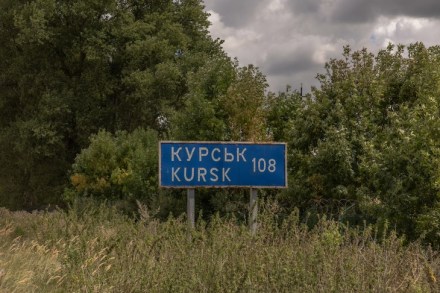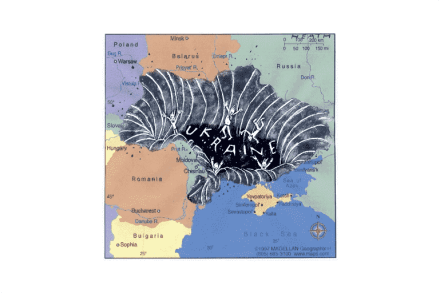Ukraine could deliver a killer ideological blow to Putin
As I write, four brigades of the Ukrainian army are advancing into the territory of the Russian Federation, and are establishing what looks like a bridgehead for further operations. They crossed the frontier from the Sumy Oblast, to the north of Kharkhiv six days ago, overpowered the Chechen frontier guards, and have been rolling to










